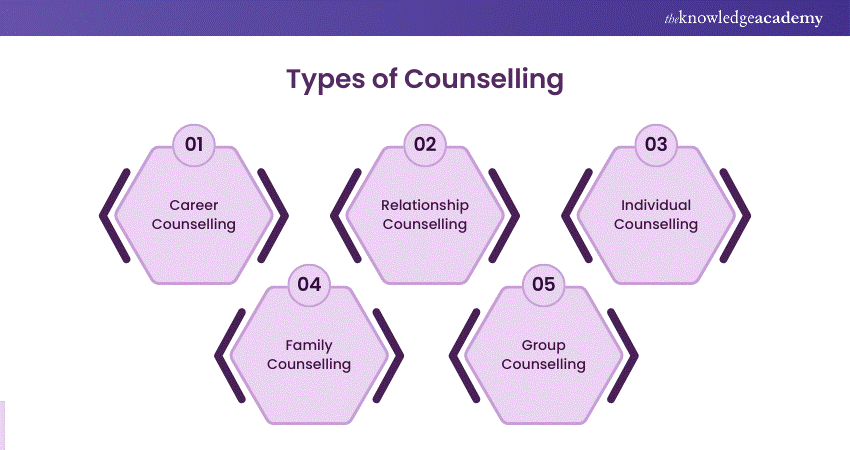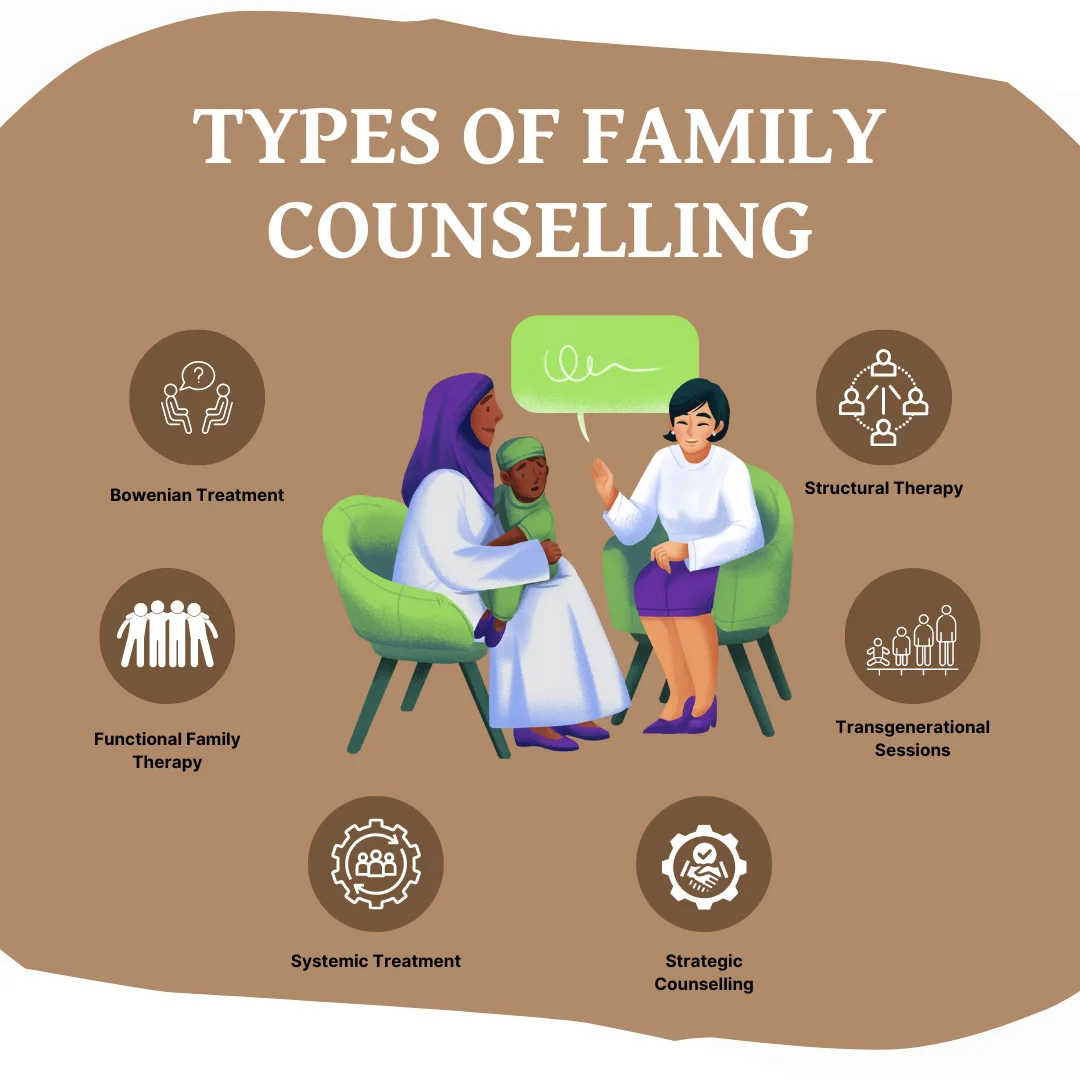Checking out the Advantages of Virtual Therapy in Modern Mental Wellness Treatment
The rise of virtual therapy notes a significant shift in psychological wellness care. It offers enhanced availability, permitting people from diverse histories to look for assistance without geographical constraints. Flexibility in scheduling fits differing way of lives, while the comfort of home can cultivate openness. However, the effects of these changes extend beyond mere convenience. The developing landscape of therapy raises essential questions concerning its lasting results on person interaction and therapy results.
Boosted Ease of access for All
Traditional therapy usually presents barriers such as geographical location and scheduling disputes, virtual therapy greatly improves access for individuals seeking psychological wellness support. By eliminating the need for physical traveling, virtual therapy allows clients from remote locations or those with wheelchair difficulties to link with qualified experts. This setting of therapy can reach underserved populations who may do not have local psychological health and wellness resources, thus resolving disparities in access to care. In addition, virtual systems can cater to diverse needs, providing services in several languages and fitting numerous social backgrounds. Customers can involve with a broader variety of specialists, providing them with alternatives that straighten with their particular requirements and preferences. This enhanced ease of access fosters an extra comprehensive atmosphere, allowing people to seek help without the stigma typically related to in-person visits. In general, virtual therapy represents a considerable improvement in making psychological healthcare extra available to all.
Flexibility in Scheduling Procedure
As virtual therapy continues to get grip, its intrinsic flexibility in organizing sessions verifies to be a considerable advantage for lots of individuals. Unlike typical in-person therapy, virtual therapy enables customers to select session times that best fit their individual and expert dedications. This adaptability suits those with demanding work timetables, household obligations, or various other dedications that can make attending physical consultations challenging.
Moreover, customers can quickly reschedule or readjust their sessions as needed, reducing the tension related to rigid consultation systems. The availability of different time slots throughout the week, including evenings and weekends, even more boosts availability. This flexibility not only motivates uniformity present yet likewise cultivates a better dedication to the therapeutic process. Ultimately, the flexibility in organizing sessions stands for a transformative shift in mental healthcare, encouraging individuals to prioritize their wellness without giving up other elements of their lives.
Comfort of a Familiar Atmosphere
The convenience of a familiar setting considerably enhances the efficiency of virtual therapy for many customers. Involving in therapy from the safety and security of their own homes allows individuals to really feel even more at simplicity, decreasing anxiousness that might go along with traditional in-person sessions. This familiarity can assist in open interaction, allowing clients to express their thoughts and sensations a lot more easily.
In addition, the existence of personal products and the capacity to control their environments can add to a feeling of protection and leisure. Customers frequently report that being in a comfortable space allows them to concentrate more on the restorative procedure instead of the establishing itself.
Furthermore, the informal nature of virtual sessions can assist liquify barriers that may exist in a traditional office setting, fostering a deeper link with specialists. In general, the convenience of acquainted environments plays a necessary function in enhancing the restorative experience and efficiency for numerous individuals looking for mental health support.
Broader Range of Therapeutic Alternatives
A broader variety of healing options becomes offered via virtual therapy, allowing clients to gain access to numerous modalities that may not be possible in standard setups. This flexibility makes it possible for people to discover diverse approaches such as cognitive-behavioral therapy, mindfulness methods, art therapy, and also specialized interventions like trauma-informed care or dialectical behavior modification.
Additionally, clients can pick from a broader spectrum of specialists, including those who focus on particular niche locations or specific populations, improving the chance of discovering an appropriate match. Virtual systems usually offer accessibility to group therapy sessions, assistance neighborhoods, and workshops that might be geographically unavailable otherwise.
This selection encourages clients to engage in their healing procedure according to their unique preferences and requirements, potentially boosting inspiration and commitment to treatment. Consequently, the landscape of psychological wellness treatment becomes much more inclusive and versatile, satisfying a bigger variety of private experiences and challenges.
Reduced Preconception Surrounding Therapy
Accessing therapy via virtual platforms adds to a considerable reduction in the preconception generally related to mental healthcare. By giving a discreet and private atmosphere, virtual therapy allows people to look for help without the concern of being evaluated or recognized. This anonymity attract those that may or else wait to go after in-person therapy due to societal understandings bordering psychological health.
As the occurrence of virtual therapy boosts, it normalizes the conversation around psychological wellness, making it an extra appropriate component of daily life. Individuals commonly feel a lot more comfy reviewing their experiences on the internet, promoting openness and lowering sensations of isolation. The access of these services additionally encourages a broader demographic to involve with mental health resources, promoting a society of assistance as opposed to embarassment. Ultimately, the surge of virtual therapy plays a crucial duty in reshaping perspectives towards seeking assistance, adding to an extra approving society pertaining to psychological health and wellness challenges.
Cost-Effectiveness and Cost

Lowered Session Expenses
Several people seeking psychological health and wellness assistance discover that virtual therapy substantially reduces session expenses compared to conventional in-person options. The elimination of travel expenditures and time off work often contributes to general cost savings. In addition, many virtual therapists use affordable rates as a result of lower overhead prices related to preserving a physical office. This shift in expense allows customers to access high quality psychological health and wellness services without the monetary pressure that might come with conventional therapy. For numerous, this price enables more constant sessions, which can boost therapy outcomes. Consequently, virtual therapy not only democratizes access to mental healthcare yet additionally supplies a lasting economic design that straightens with clients' budgets, making mental health and wellness support a lot more achievable for a broader target market.
Broadened Access Alternatives
While traditional therapy frequently presents logistical obstacles, virtual therapy considerably broadens gain access to choices for people seeking mental wellness care. By eliminating the demand for traveling and enabling adaptable organizing, virtual therapy accommodates diverse way of lives and dedications. This accessibility is specifically helpful for those in remote locations or with flexibility obstacles. In addition, the cost-effectiveness of virtual therapy decreases financial stress, making psychological wellness services a lot more obtainable. Several systems offer tiered rates or gliding scale charges, advertising affordability. Insurance policy companies increasingly acknowledge virtual therapy, additional improving its economic availability. On the whole, virtual therapy not only broadens the extent of that can receive care yet likewise addresses economic obstacles, making psychological health assistance much more comprehensive and attainable for all.
Boosted Connection of Care
Improved continuity of treatment emerges as a considerable benefit of virtual therapy in modern-day psychological healthcare. This approach allows clients to keep constant interaction with their therapists, no matter of geographical barriers or scheduling problems. virtual therapy. The versatility of virtual sessions cultivates routine check-ins, which are important for keeping track more info of progress and adjusting therapy prepares as required
In addition, electronic wellness records and telehealth platforms promote seamless information sharing among treatment companies. This interconnectedness ensures that all specialists associated with a patient's care are upgraded on treatment growths, resulting in even more collaborated and effective treatments.
People commonly experience minimized stress and anxiety and enhanced engagement due to the convenience of accessing therapy from familiar settings. Such ease of access boosts adherence to therapy programs, ultimately improving results - adhd counselling. To summarize, virtual therapy not just bridges spaces in mental health solutions but also strengthens the connection of treatment, an important component of successful therapeutic partnerships
Regularly Asked Inquiries
Exactly How Does Virtual Therapy Make Sure Privacy and Privacy for Clients?
The existing concern addresses the measures virtual therapy employs to safeguard customer discretion. Utilizing encrypted platforms, secure logins, and compliance with laws like HIPAA, virtual therapy assurances that sensitive info remains exclusive and unattainable to unapproved people.
Can I Change Therapists Quickly in Virtual Therapy?
Switching over specialists in virtual therapy is typically straightforward. Clients can communicate their need for an adjustment via the platform, allowing for versatility in finding a much better match without the logistical difficulties of in-person consultations.
What Modern technology Do I Need for Virtual Therapy Procedure?
To take part in virtual therapy sessions, an individual usually needs a trusted internet link, a computer system or smartphone with a camera and microphone, and accessibility to a safe and secure video clip conferencing system specified by their therapist.

Are Virtual Therapy Procedure as Effective as In-Person Procedure?
Recent studies show that virtual therapy sessions can be just as effective as in-person sessions, depending on the person's choices and scenarios. Variables such as convenience and accessibility might boost the total restorative experience for some clients.
What Should I Do if I Experience Technical Issues Throughout a Session?
If technological issues arise during a session, one need to smoothly communicate the problem to the therapist, effort to reconnect, or switch to a backup method. Perseverance and versatility are essential in managing these interruptions.